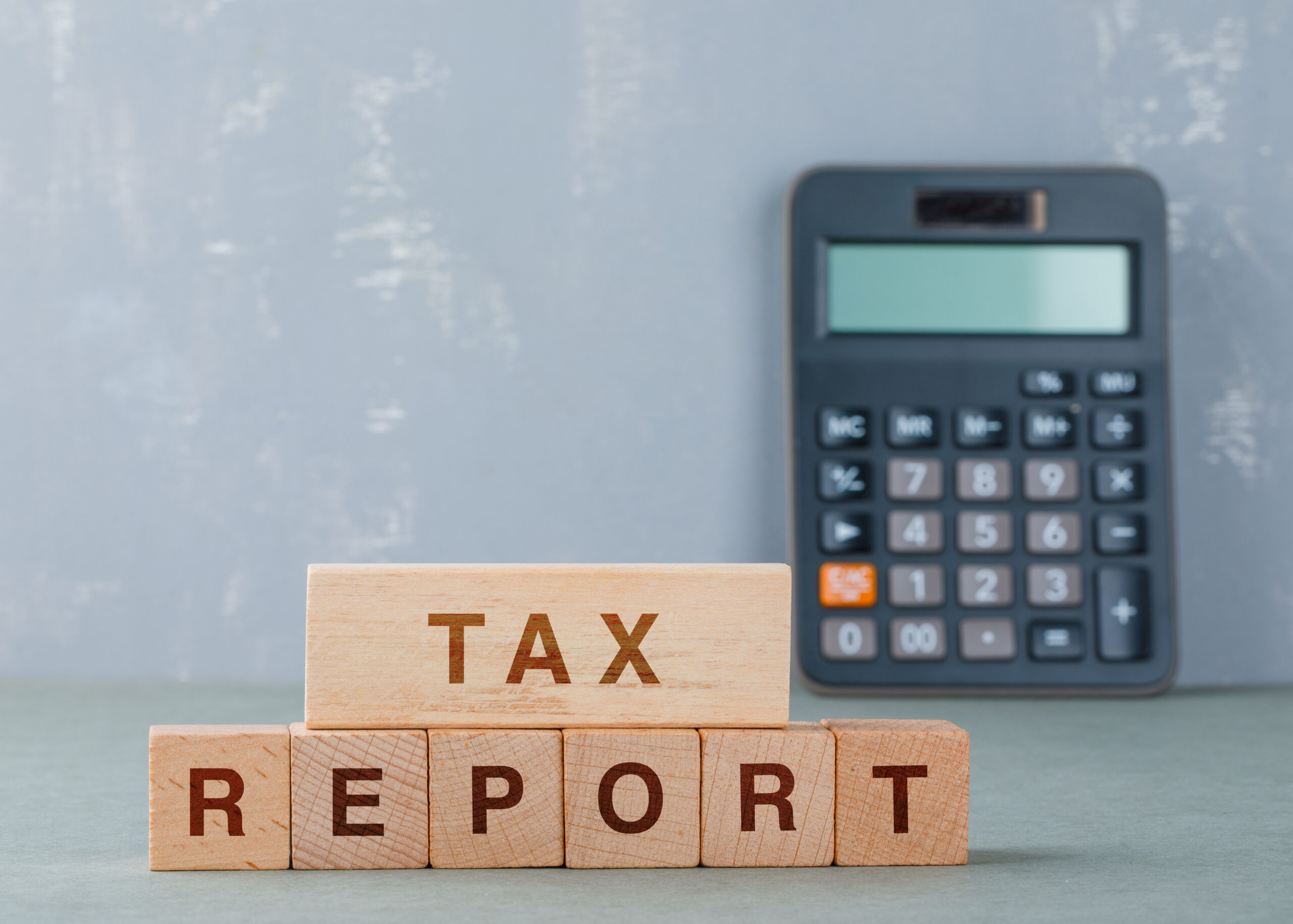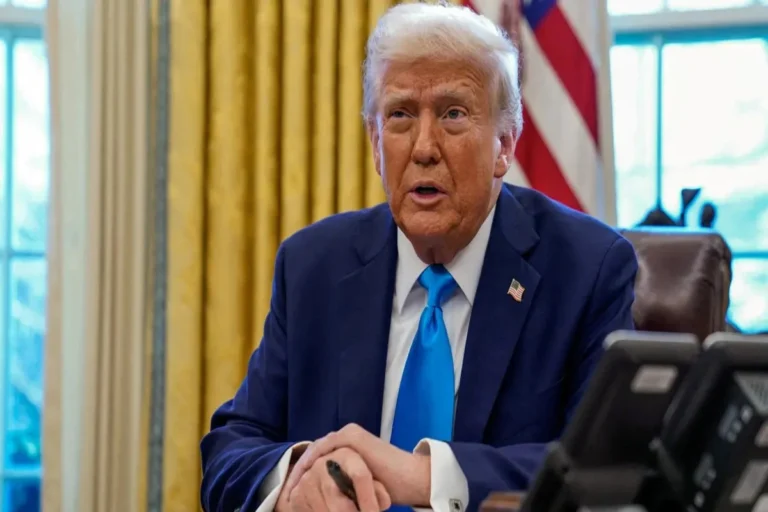September 6, 2025 | Dubai, UAE: UAE new tax rule for free zones has officially been declared by the Ministry of Finance of the United Arab Emirates, introducing an updated set of corporate tax regulations pertaining to Free Zones. This revision supplants the framework established in 2023 with a more extensive and transparent regulatory scheme.
The update encompasses two ministerial decisions that broaden the scope of qualifying activities, clarify pricing criteria, and incorporate additional financial services. These modifications aim to preserve the global competitiveness of the UAE while ensuring adherence to internationally recognized tax standards.
Wider Scope and Pricing Clarity
Ministerial Decision No. 229 of 2025 expands the criteria for qualifying commodity trading under the UAE new tax rule for free zones. As a result, businesses are now permitted to incorporate industrial chemicals, by-products associated with commodities, and environmental commodities alongside metals, minerals, energy, and agricultural products. This revision marks a significant departure from previous regulations, which restricted benefits exclusively to raw materials. The updated policy stipulates that processed goods may also qualify, provided they hold an established Quoted Price.
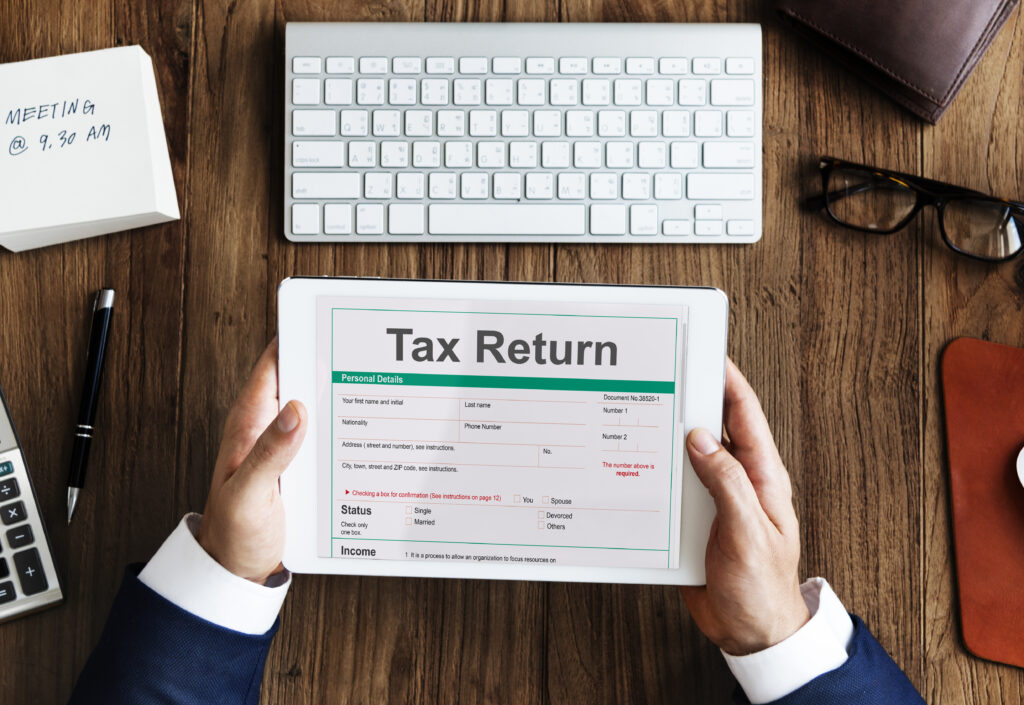
This modification illustrates the increasing significance of industries that fall outside the traditional oil and gas sectors. By embracing chemicals and environmental commodities, the UAE new tax rule for free zones underscores its dedication to promoting sustainability-oriented sectors, thereby facilitating economic diversification.
Ministerial Decision No. 230 of 2025 stipulates explicit regulations regarding the establishment of a Quoted Price. This decision identifies authorized price-reporting agencies and commodity exchanges, thereby ensuring that companies operating in Free Zones adhere to global standards.
Such measures contribute to increased assurance for businesses and facilitate the alignment of the United Arab Emirates with international norms. The transparency of pricing holds significant importance for enterprises engaged in the sectors of energy, metals, and chemicals, given the elevated levels of international competition they face.
More Flexibility For Free Zone Businesses
The updated framework under the UAE new tax rule for free zones also extends benefits to treasury and financing services, whether conducted for related parties or for a company’s own account. This is a notable change for multinational corporations that manage cash flow and capital through UAE Free Zones. With more financial activities now qualifying, Free Zones can strengthen their role as regional financial centres.
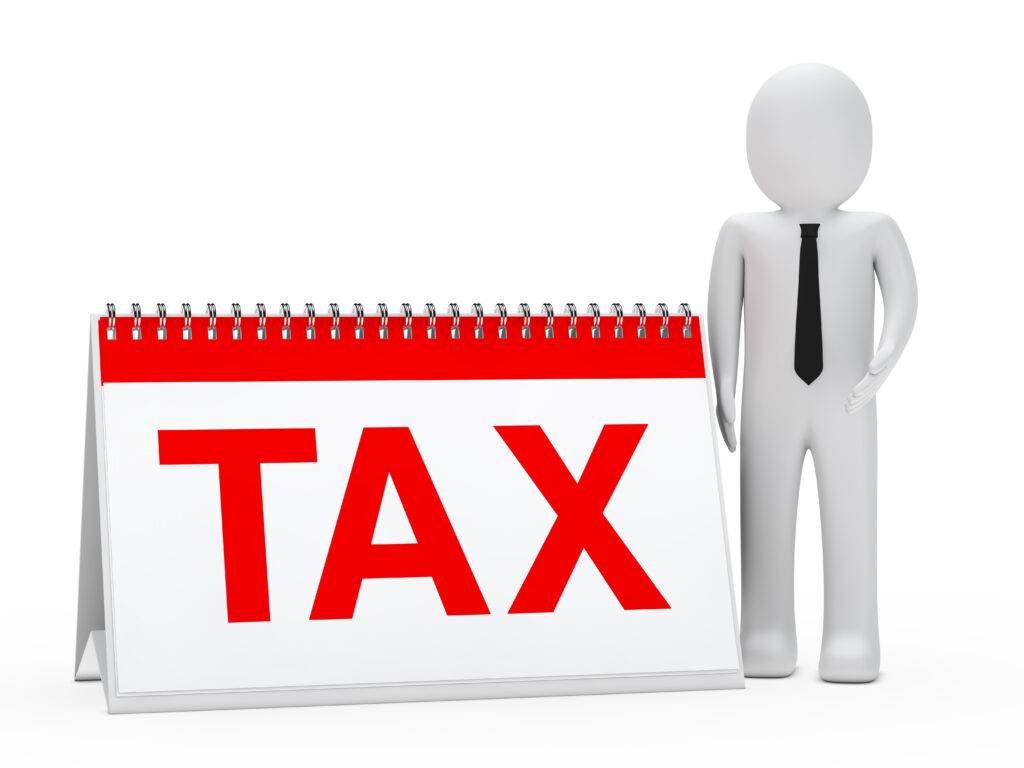
Another significant change is related to social contributions. Distributing goods or materials to public-benefit entities from a Designated Zone will no longer affect the de-minimis threshold. This UAE new tax rule for free zones gives businesses the ability to support charitable, educational, or healthcare organisations without risking their tax advantages. It reflects the government’s efforts to encourage corporate social responsibility while maintaining investment appeal.
Free Zone businesses will continue to enjoy a 0% corporate tax rate on qualifying income, while non-qualifying income will be subject to the standard 9% rate. This dual approach, as reinforced by the UAE new tax rule for free zones balances the need for competitiveness with the global push for fair taxation. For investors, the clarity of these rules reduces risk and encourages long-term planning in the UAE.
Looking Ahead
The recent UAE new tax rule for free zones offers increased clarity, broadens the scope of qualifying activities, and ensures adherence to international standards. These modifications significantly enhance the nation’s reputation as a transparent and competitive destination for investment.
For enterprises, this regulatory update brings greater certainty regarding the organization of operations across various sectors, including commodities, finance, and distribution. Furthermore, this adjustment reinforces investor confidence by demonstrating that the United Arab Emirates is in accordance with established international frameworks, specifically the guidelines set forth by the Organisation for Economic Co-operation and Development (OECD) regarding Base Erosion and Profit Shifting (BEPS). This alignment with global regulatory expectations is essential as international authorities advocate for uniformity and transparency in taxation systems.
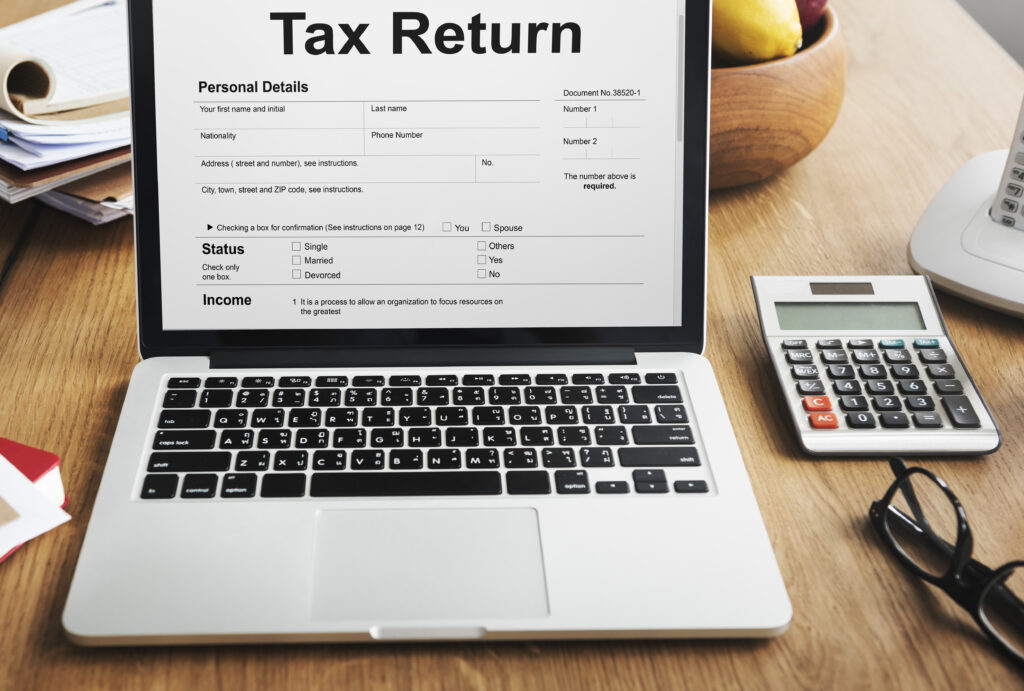
Industry experts anticipate that companies operating within Free Zones will reevaluate their organizational structures in response to the UAE new tax rule for free zones. Enterprises engaged in the trade of chemicals, renewable energy products, and environmental commodities are predicted to derive the greatest advantages, while companies within the financial services sector will find new opportunities for expansion.
The UAE new tax rule for free zones articulates a clear message by combining competitive advantages with adherence to global standards: it continues to be a premier destination for international trade and investment. This revised framework extends beyond mere tax incentives; it is designed to foster a stable and reliable environment conducive to sustainable economic growth.
Also Read: Dubai New Parking Rules: 10 Big Changes Every Driver Must Know in 2025


